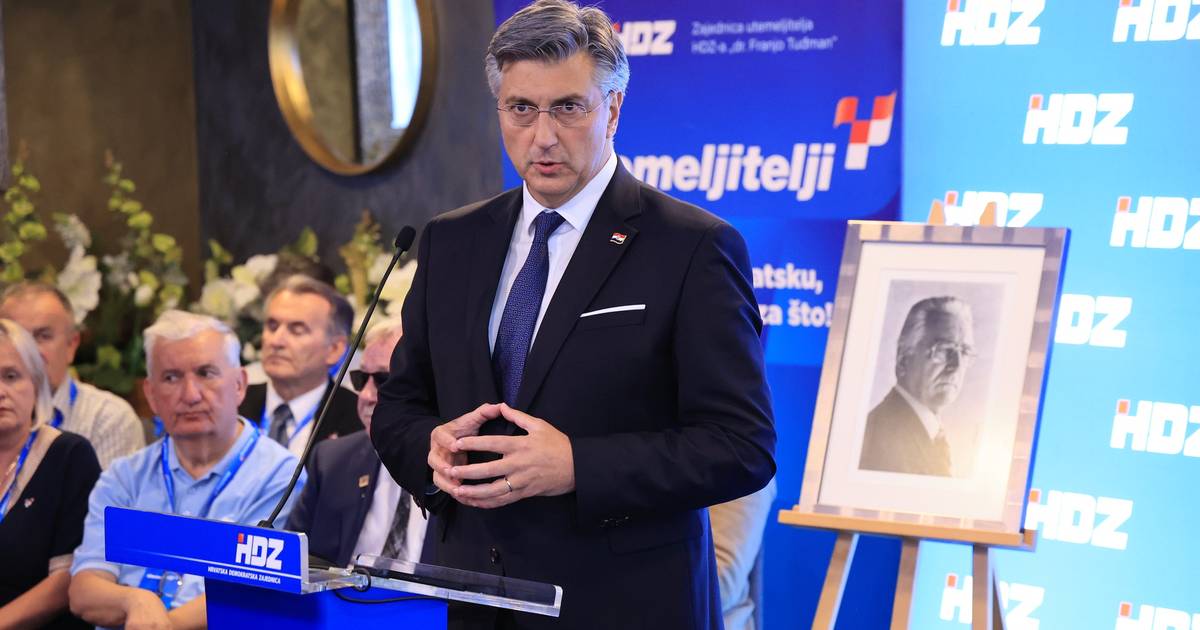Croatian Prime Minister and HDZ President Andrej Plenković highlighted that the negative natural population growth is the main problem for Croatia, with a fertility rate of 1.54, below the required 2.1 children per woman. He noted that no European country is close to this figure, with France having the highest rate at 1.78. The government has increased investments in demography, reformed the system of family benefits including maternity and child allowances to create better conditions for larger families. Besides demography, Plenković emphasized important issues such as wages, pensions, and affordable housing. The opposition, mainly left-wing, is dissatisfied with the results, while HDZ plans to remain in power for another 12 years. The importance of security and increased defense spending within NATO was also highlighted.
Political Perspectives:
Left: Left-leaning outlets and perspectives tend to emphasize the criticism of the government’s handling of demographic issues, pointing out that despite increased investments, the measures may be insufficient or ineffective. They often highlight social inequalities and call for more comprehensive social policies to support families and address broader economic challenges.
Center: Centrist perspectives report the demographic challenges as a significant issue acknowledged by the government, focusing on the factual data such as fertility rates and government initiatives. They present a balanced view of the government’s efforts to reform family benefits and invest in demography, while also noting the political context and opposition reactions.
Right: Right-leaning sources emphasize the government’s proactive approach to tackling the demographic decline, highlighting the increased investments and reforms in family support systems. They often frame the issue within a nationalistic and patriotic context, stressing the importance of traditional family values and the continuity of HDZ’s leadership as a positive factor for Croatia’s future.














